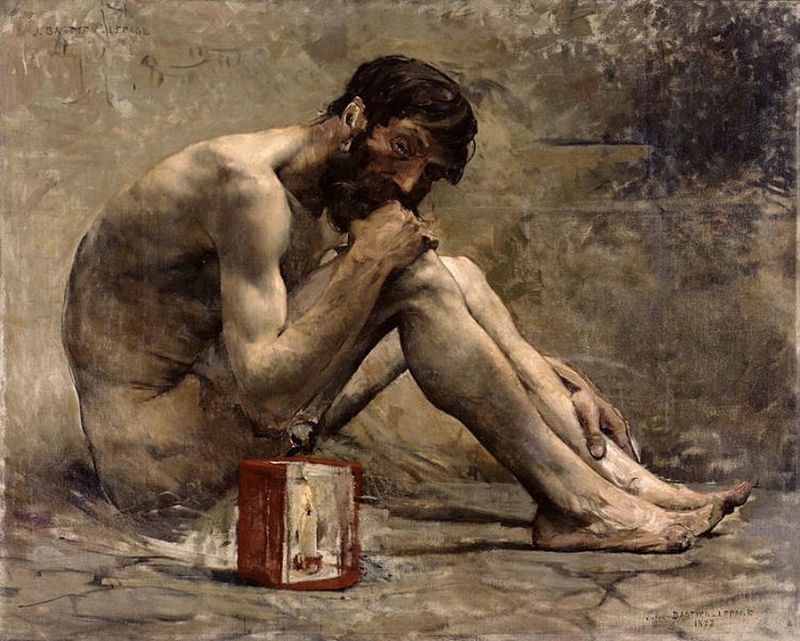Man does not seek knowledge; he covers it. For the Ancient Greeks, the gods were not to be questioned. Later, the Christians would adopt the convenient ethical stance of refraining from questioning themselves. With the advent of photography, reality was not to be questioned further. The contradictory dogmas that attached themselves to each of these…
Read More






